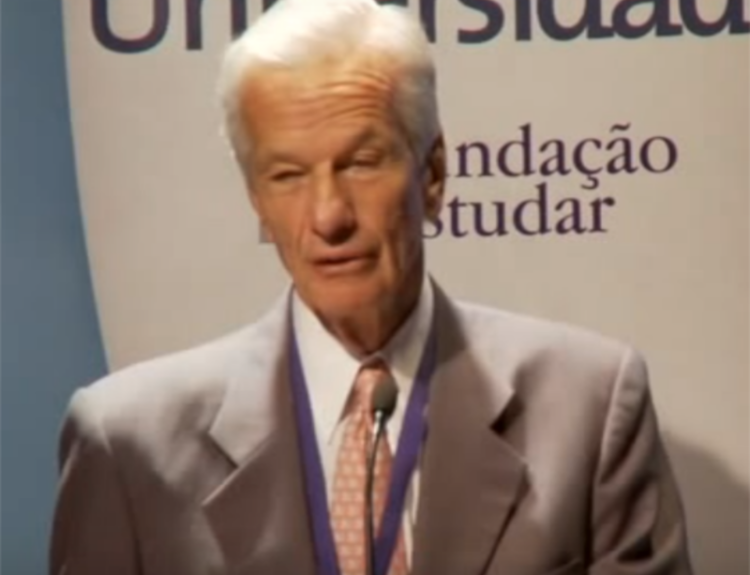Wealthy Americans rush to secure their financial futures amid looming tax law changes.
- Rich Americans are prioritizing estate planning as the presidential election approaches.
- Concerns over potential tax increases, particularly on capital gains and estate taxes, are driving urgency.
- Current estate tax exemptions are set to expire in 2025, potentially lowering the threshold significantly.
- Wealthy families are encouraged to engage in accelerated gifting before potential tax law changes.
- The political divide on estate tax reform is evident, with Republicans favoring repeal and Democrats seeking lower exemptions.
As the presidential election draws near, affluent Americans are increasingly focused on estate planning, driven by concerns about potential tax changes. Wealth planners and tax experts are advising high-net-worth clients to prepare for a future where tax laws may shift significantly, especially with discussions around increasing capital gains taxes and altering estate tax exemptions. Financial advisers are fielding questions about whether to accelerate stock sales or convert to after-tax Roth IRAs in anticipation of higher taxes. However, when it comes to estate planning, experts suggest a more proactive approach. With the current estate tax exemption set at $13.61 million for individuals and $27.22 million for couples, wealthy families are encouraged to engage in accelerated gifting before the exemption potentially drops back to 2017 levels of around $7 million. This urgency is compounded by the fact that the current tax rules are set to expire at the end of 2025, making it crucial for families to consult with estate-planning advisers frequently. The political landscape adds another layer of complexity, with Republicans generally opposing estate taxes and Democrats advocating for lower exemptions to ensure the wealthy contribute their fair share. As the election approaches, wealthy individuals are urged to act swiftly in their estate planning to take advantage of the current favorable tax environment.·
Factuality Level: 6
Factuality Justification: The article provides a detailed overview of estate tax planning in the context of the upcoming presidential election, including various perspectives from financial advisers. However, it includes some bias, particularly in the quotes from political figures and think tanks, which may present opinions as facts. Additionally, there are instances of tangential information that could distract from the main topic, such as the political implications of tax policies. Overall, while the article contains useful information, the presence of bias and some irrelevant details affects its overall factuality.·
Noise Level: 7
Noise Justification: The article provides a detailed analysis of estate tax planning in the context of the upcoming presidential election, discussing the implications of potential tax changes and offering insights from financial experts. It addresses the concerns of wealthy individuals and the political landscape affecting tax laws, which adds depth. However, it could benefit from more scientific rigor and a broader exploration of the consequences for those outside the wealthy demographic.·
Private Companies: Grant Thornton,Brown Brothers Harriman,CBIZ,K&L Gates,BDO
Key People: Dustin Stamper (Managing Director in Grant Thornton’s Washington National Tax Office), Adrienne Penta (Principal at Brown Brothers Harriman), Mark Baran (Managing Director of CBIZ’s National Tax Office), Lindsay Owens (Executive Director of Groundwork Collaborative), Mary Burke Baker (Attorney at K&L Gates, leads the tax policy practice), Taylor Rogers (Spokesperson for the Republican National Committee), Peter Hughes (Evolve Investing), Abbie Everist (Principal at BDO’s National Tax Office specializing in estate planning)
Financial Relevance: Yes
Financial Markets Impacted: Yes
Financial Rating Justification: The article discusses estate-tax planning and its implications for wealthy Americans in light of the upcoming presidential election. It highlights potential changes in tax laws that could affect high-net-worth individuals, particularly regarding capital gains tax and estate tax exemptions. The financial markets could be impacted due to the urgency in estate planning and investment decisions as clients react to the political landscape and potential tax reforms.·
Presence Of Extreme Event: No
Nature Of Extreme Event: No
Impact Rating Of The Extreme Event: No
Extreme Rating Justification: The article discusses estate-tax planning and financial strategies in light of an upcoming presidential election, but it does not report on any extreme event that occurred in the last 48 hours.·
Move Size: No market move size mentioned.
Sector: All
Direction: Neutral
Magnitude: Medium
Affected Instruments: Stocks
 www.marketwatch.com
www.marketwatch.com 





